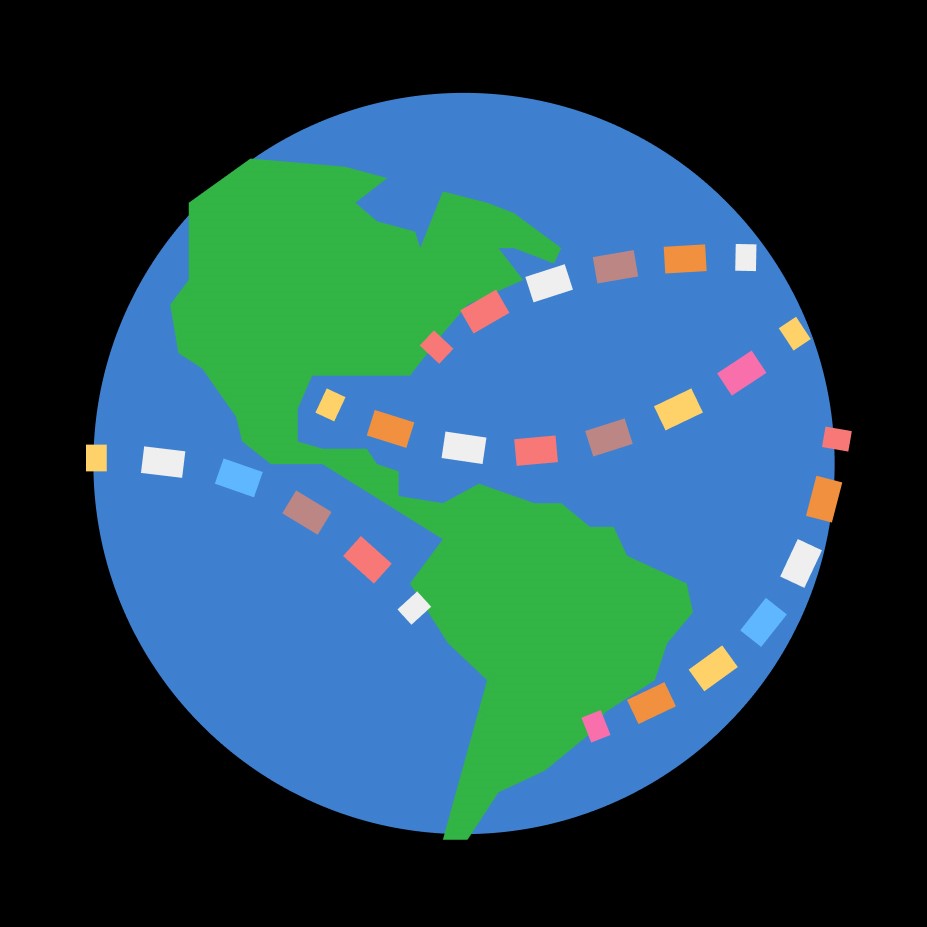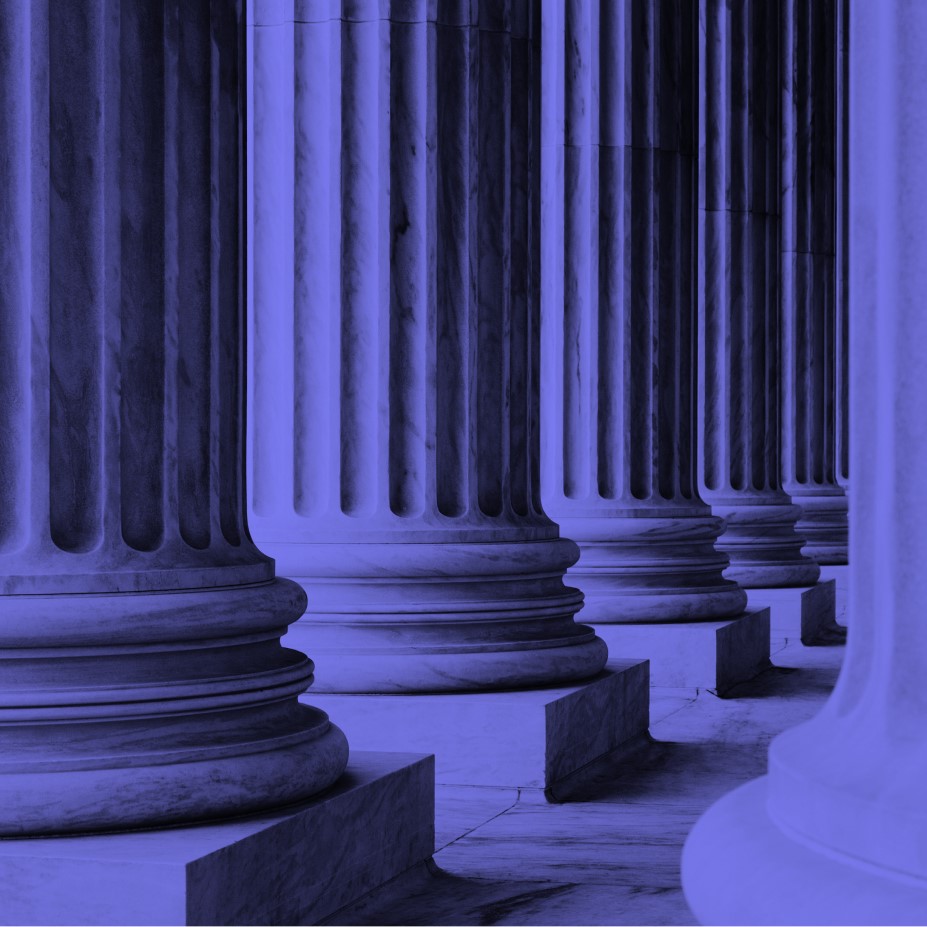| |||||||||||||||||||||||||
| |||||||||||||||||||||||||
| |||||||||||||||||||||||||
| |||||||||||||||||||||||||

US President Donald Trump is escalating his “maximum pressure” campaign against the socialist government of Venezuela with the deployment of warships, aircraft and troops to the southern Caribbean. Trump’s administration has called President Nicolás Maduro a narco-terrorist who has orchestrated drug trafficking from the highest level of government, and the US government has offered $50 million for information leading to his arrest. The naval deployment comes after Washington escalated sanctions and diplomatic isolation efforts against the Maduro regime during Trump’s first term.
The Trump administration’s move represents the biggest US naval mobilization in Latin America since the invasion of Panama in 1989. What exactly the deployment is meant to accomplish is uncertain. It could signal a large-scale counternarcotics operation, a symbolic show of force, or even an attempt to oust Maduro from power.
Here’s what we know so far about the operation.
The US Department of Defense is sending more than 4,000 sailors and Marines to the seas around Latin America, as well as at least three destroyer warships and a guided-missile cruiser.
The Trump administration says this is intended to disrupt the flow of illicit drugs into the US and dismantle the cartels responsible. It follows reports of a broader directive from Trump for the Pentagon to prepare for the possibility of using military force against Latin American traffickers. US efforts to combat the flow of drugs from the region are typically pursued by the Drug Enforcement Administration and the Coast Guard rather than the military.
The administration is focused on countering the activities of the Cartel de los Soles — which translates to “Cartel of the Suns,” a reference to the sun insignias worn by Venezuelan military officers — a criminal network that the US government alleges is led by members of Venezuela’s armed forces. The US has designated it a “narco-terrorist” organization and says it has direct ties to Maduro and other high-ranking government officials. According to US authorities, the group trafficks cocaine and works in alliance with other major criminal syndicates, including Venezuela’s Tren de Aragua and Mexico’s Sinaloa Cartel.
The US government says that a significant amount of the drugs produced in Latin America pass through Venezuela. The Maduro government disputes this, contending that just 5% of drug smuggling attempts pass through Venezuela’s Caribbean coast, with most passing through Colombia and the Pacific Ocean. Venezuela officials have highlighted their own recent anti-drug efforts and say they have intercepted roughly 52.7 tons of narcotics this year as of Aug. 25.
Maduro has countered with a mix of bellicose rhetoric and military posturing, as well as some de-escalatory gestures.
Maduro and other Venezuelan officials have publicly condemned the US operation, calling it an “immoral and illegal” attempt at regime change. In a show of force, Maduro announced the deployment of the militia, declaring that millions of civilians are ready to be armed and deployed. He also ordered the mobilization of 15,000 troops to Venezuela’s border with Colombia and a prohibition on the use of drones in Venezuelan airspace. Defense Minister Vladimir Padrino announced military vessels will be sent to patrol territorial waters, including in an area key for Venezuela’s oil shipments.
Maduro also has made some concessions. On Aug. 24, he released eight political prisoners and granted five others house arrest. He has maintained a degree of cooperation with the US by continuing to accept Venezuelan nationals deported from the country.
Maduro’s key allies have been quick to condemn the US naval deployment. China, Russia, and Iran issued statements opposing any use or threat of force in international relations and interference in Venezuela’s internal affairs.
Brazil’s President Luiz Inácio Lula da Silva criticized the action, arguing that military intervention is a mistake that would destabilize the entire region. Colombian President Gustavo Petro has called the US accusation that Maduro is closely linked to the Cartel de los Soles a “lie like Iraq’s weapons of mass destruction.” He has warned that a US intervention would turn Venezuela into a “Syria-like” conflict, dragging neighbor Colombia “into the same mess.”

By submitting my information, I agree to the Privacy Policy and Terms of Service.
Guyana, which has a long-standing territorial dispute with Venezuela, endorsed the US’s account of Venezuelan cartel activity and committed to working with its allies to find solutions. Trinidad and Tobago endorsed the US deployment, arguing it will help fight drug trafficking and related crimes, and has offered to let US forces use its territory to protect Guyana. Paraguay expressed support for the US combating drug trafficking and organized crime in the region. Most recently, Argentina designated the Cartel de los Soles a terrorist organization.
During his first term, Trump took steps to try to force Maduro from power. His administration imposed steep sanctions on Venezuela’s oil industry and on senior members of the Maduro regime, froze government assets, and recognized then-opposition leader Juan Guaidó as the country’s interim president after Maduro claimed victory in a 2018 election widely condemned as fraudulent. The administration also launched diplomatic efforts to isolate Maduro across the Americas and Europe and in 2020 indicted Maduro and key officials on narco-terrorism and drug trafficking charges, offering multi-million-dollar rewards for their arrest.
In March, at the start of Trump’s second term, his administration cut off a vital source of revenue for Maduro’s government by revoking the license for Chevron Corp. to operate in Venezuela. While later granting the company a new license, the administration prevented any of the revenue from reaching Maduro’s hands. US sanctions govern who is allowed to deal in Venezuelan oil, and the US also withheld approvals for non-US firms from Europe and India seeking to produce and trade oil in the country, according to people familiar with those processes.
During his second term, Trump has also labeled Tren de Aragua as a terrorist group and sanctioned the Cartel de los Soles.
During the 19th and 20th centuries, the US frequently invaded Latin America, though primarily to protect US business interests and counter the spread of communism, not to combat drug trafficking.
The invasion of Panama in 1989 is the only clear instance of the US invading a Latin American country ostensibly to fight drug trafficking. Under Operation Just Cause, 26,000 US troops were deployed to depose dictator Manuel Noriega after he was indicted in the US for drug trafficking and money laundering. After weeks of fighting, Noriega surrendered, was flown to Miami, and was convicted in federal court.
In April 2020, following the US indictment of Maduro, the Trump administration launched an “enhanced counter-narcotics operation” with a significant naval buildup in the Caribbean. The mobilization closely resembled the one currently underway. However, no US troops entered Venezuela, and the US military did not engage in combat or make arrests.
Africa Taps Eurobond Market as Demand for Riskier Assets Jump By Monique Vanek and Ray Ndlovu January 26, 2026 at 11:15 PM GMT+1 Update...
